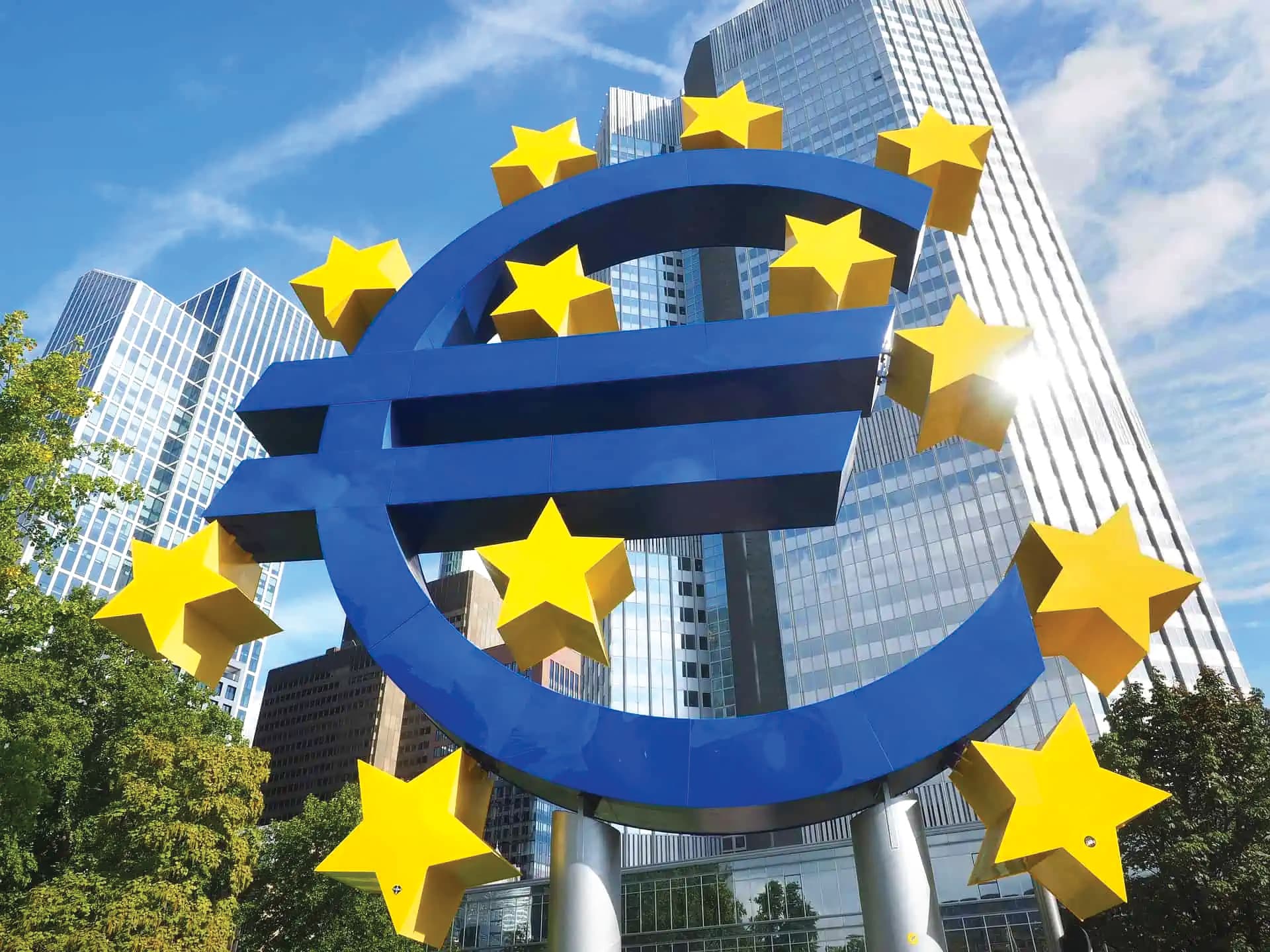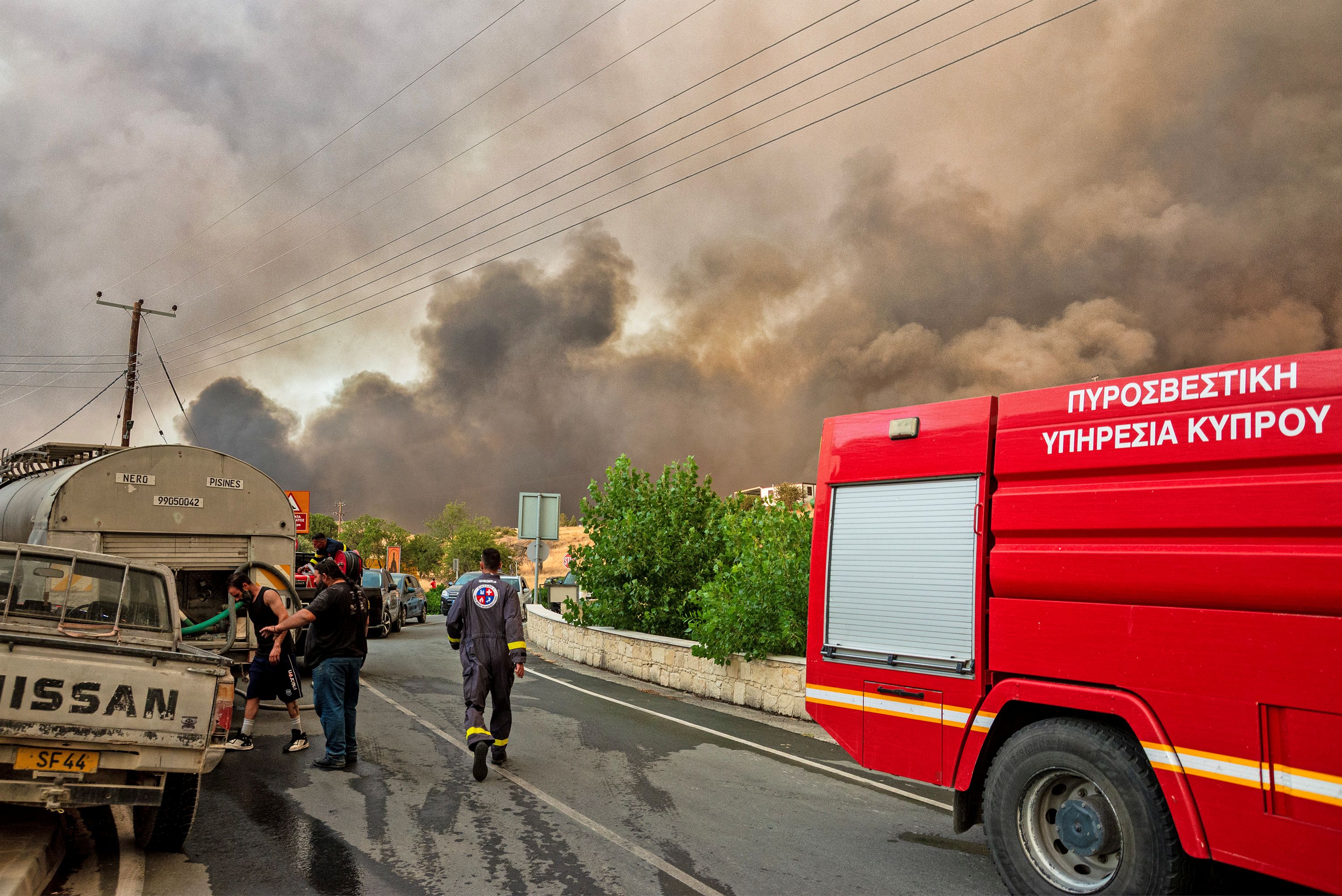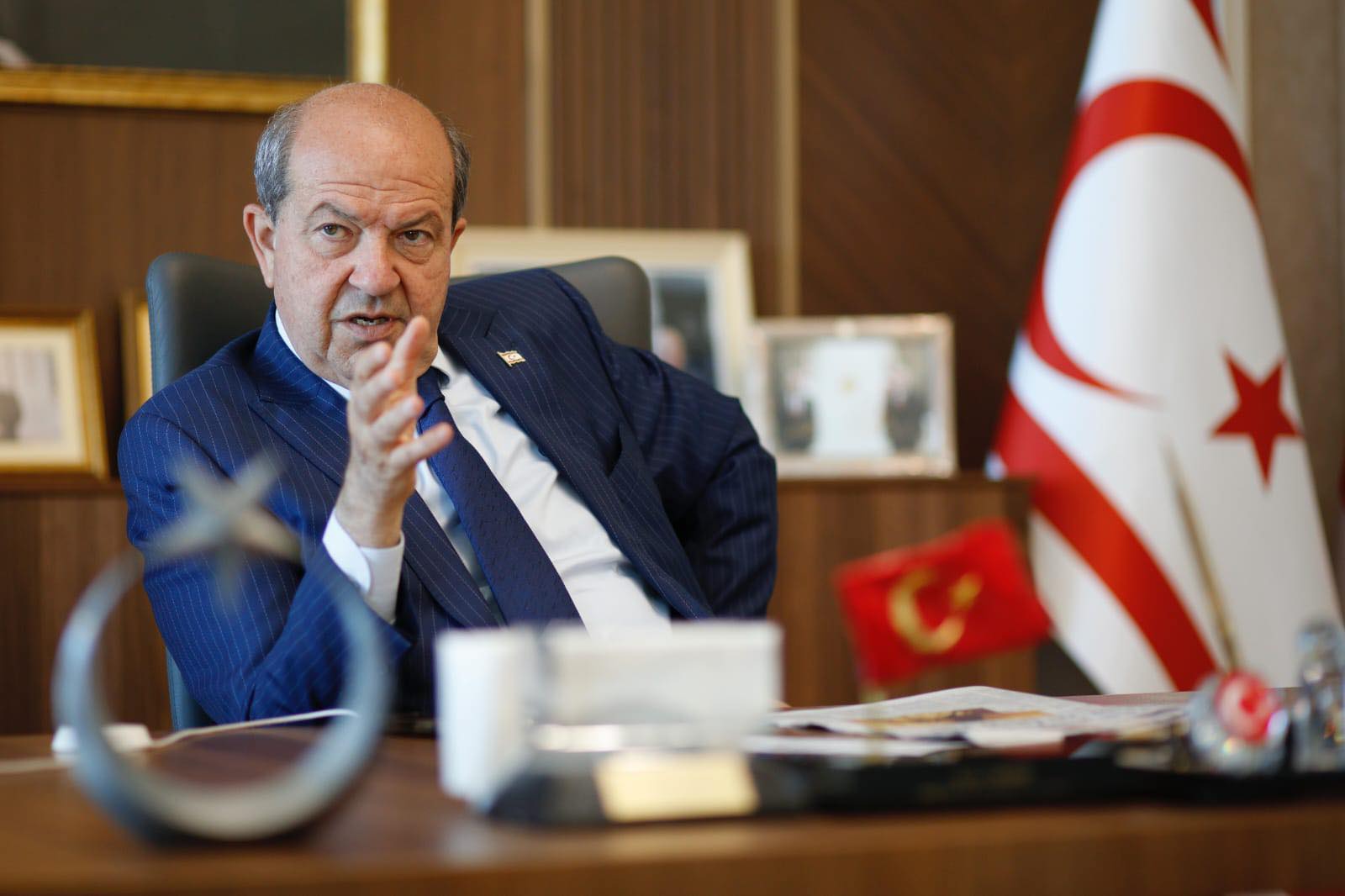EU pays €42.8 billion to five countries
The European Commission has disbursed nearly €76 million to Cyprus, representing the fourth payment under the Recovery and Resilience Facility (RRF), a key part of NextGenerationEU.
In total, the commission has allocated €42.8 billion to five member states (Cyprus, Italy, Portugal, Malta, and Spain) under the RRF.
This latest payment covers 17 milestones and six targets focused on expanding online government services, improving corporate trust with a transparent beneficial ownership registry, and digitalising healthcare services, especially in cross-border contexts.
The reforms and investments included in this payment also aim to simplify the issuance and transfer of title deeds and introduce digital solutions to ease business transactions.
The total funds disbursed to Cyprus under the RRF now stand at €568 million, which represents 46.5 per cent of the island’s overall recovery and resilience plan.
Cyprus’ plan is financed by €1.22 billion in grants and loans.
The commission has made similar disbursements to other member states including Italy, Spain, Portugal, and Malta, as mentioned above.
Spain received the largest share in this round, with €23.1 billion paid out, marking its fifth payment under the RRF. This includes €7 billion in loans and €16 billion in grants.
The Spanish payment covers 82 out of 84 milestones and targets, involving reforms and investments such as boosting renewable energy, cutting red tape, enhancing clean energy grid connections, and improving justice efficiency.
It also supports investments in short-distance rail travel, strengthens cybersecurity resilience for citizens and SMEs, and backs innovative companies.
Spain also had approximately €139 million released related to a previously suspended digitalisation target for small and medium-sized enterprises.
However, about €500 million remains suspended due to unmet milestones concerning tax reform and digitalisation of regional and local entities.
Another €627 million was suspended after the reversal of a milestone on temporary employment reforms in the civil service. Spain now has six months to fulfil these outstanding requirements.
So far, Spain has received €71 billion in total under the RRF, which is 44 per cent of its total €163 billion allocation in grants and loans.
Italy’s seventh payment amounted to €18.3 billion, including €4.6 billion in grants and €13.7 billion in loans.
This payment covers 31 milestones and 33 targets related to 10 reforms and 46 investments.
Significant steps include Italy’s adoption of the Annual Competition Law 2023, promoting public tender procedures and increased oversight in sectors like highways.
The country has also improved accessibility for railway passengers with disabilities by renovating ten stations in Southern Italy.
Italy has boosted renewable energy distribution capacity by 1,848 megawatts through new substations, modernisation, and reinforced distribution lines.
The total funds paid to Italy under the RRF now stand at €140.4 billion, which represents 72 per cent of its €194.4 billion recovery and resilience plan.
Portugal’s sixth payment amounted to €1.34 billion, covering 32 milestones and targets.
Key reforms and investments include improvements in healthcare, housing, forest fire management, renewable energy, and the business environment.
A notable reform aims to improve insolvency proceedings to make it easier for companies to restructure and invest.
Portugal has also expanded its national care networks to support the inclusion of persons with disabilities.
The total funds disbursed to Portugal under the RRF now stand at €11.4 billion, or 57 per cent of its €22.2 billion plan.
Meanwhile, Malta received €48.7 million in its third payment under the RRF.
This payment covers 11 milestones and 13 targets related to 15 reforms and nine investments.
Among the measures are increasing access to free public transport and promoting sustainable mobility through contracts for electric vehicle procurement for the public sector.
Malta has upgraded education infrastructure by renovating public schools and enhanced healthcare by purchasing additional medical equipment.
A neonatal hearing screening programme has been set up to detect and address hearing issues in newborns.
Furthermore, the justice system has been modernised with new digital equipment and tools, and Malta’s anti-money laundering framework has been strengthened.
Finally, the commission reported that the total funds paid out to Malta now stand at €215 million, which is 66 per cent of its €328 million allocation in grants.







Click here to change your cookie preferences